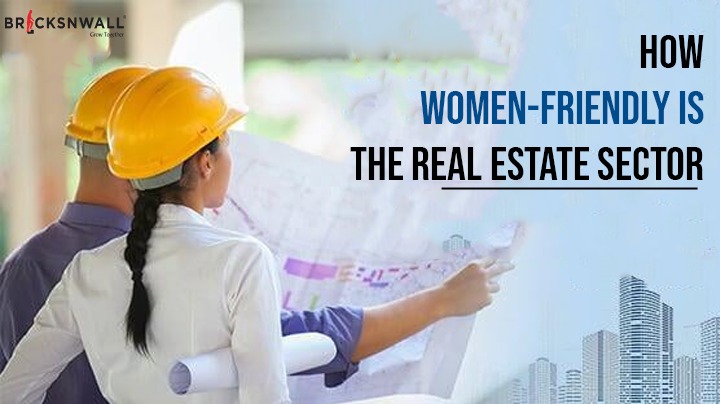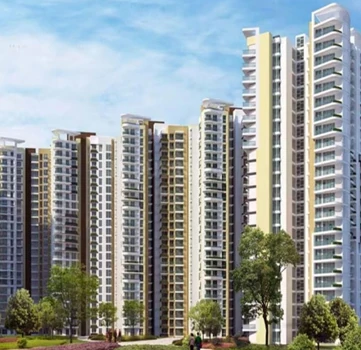How Women-Friendly Is The Real Estate Sector?
Bricksnwall Trusted Experts

According to
a recent CREDAI-MCHI study, slightly more than a third (36%) of the women
polled see real estate as a desirable career path.
On the other
side, over two-thirds (64%) of men felt the same way. Additionally, not
everything is rosy at the top. Only 23% of real estate firms' top roles are
held by women. The bad news is that this number is still fairly low, despite
the fact that it has increased over the past ten years.
The
perception that the industry isn't very hospitable to women is a major
contributor to the gender gap that already exists. Employing women in the real
estate industry has long been difficult. Women continue to be underrepresented
in this sector while making up a sizeable portion of the workforce in the
country. Their participation is crucial to bringing in diverse viewpoints and
opinions, which will result in more inventive and fruitful solutions. According
to Vishal Thakkar, founder and CEO of a real estate company, stakeholders in
the sector must step up their outreach efforts to recruit women to the industry
for a variety of employment roles in order to promote women's
participation.
The number
of women who own property has decreased in 11 of the 22 states, according to
the National Family Health Survey (NFHS)-5.
This is true
despite the fact that women in India have been gaining ground in the workplace
and receiving benefits associated to homeownership including reduced interest
rates on home loans and stamp duty.
However,
experts think that just giving exemptions and discounts won't be sufficient to
close the gender gap. It is vital to address structural problems that prevent
women from accessing education and career opportunities, such as unequal pay
and social standards.
"Policy-wise,
it is necessary to place special emphasis on enhancing property ownership for
economically disadvantaged women from vulnerable sections of the society,"
says Aarti Harbhajanka, managing director of a real estate consultancy firm.
All government-funded social housing developments must require women's
ownership, similar to the Pradhan Mantri Awas Yojana (PMAY), which mandates
women's shared ownership in all homes. Similar to this, slum redevelopment
initiatives that offer free housing should encourage combined home ownership.
On a
practical level, developers and state governments can help by improving the
infrastructure surrounding the project to make homeownership more accessible to
women. "Infrastructure and amenities in residential areas should be
improved with women's comfort and safety in mind."
This
includes areas with sufficient lighting, public transit, healthcare facilities,
educational institutions, and recreation areas. The presence of female sales
reps and real estate brokers also encourages women to explore the concept of
homeownership.
To make it easier for women to own homes and live in them, security measures at residential properties should be implemented. According to Ashish Narain Agarwal, founder and CEO of a full-stack real estate service company, even developers have prioritized women's opinions by giving them tailored options through Women's Day schemes, rebates, or focusing on their tastes through custom designs in residential apartments and amenities, among other things.




